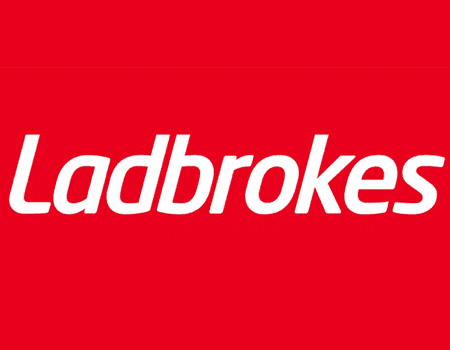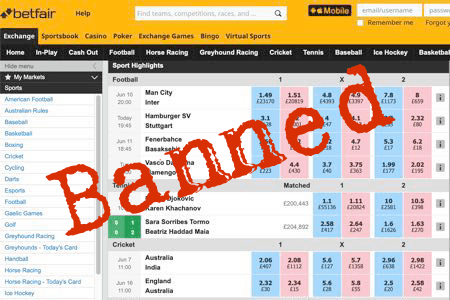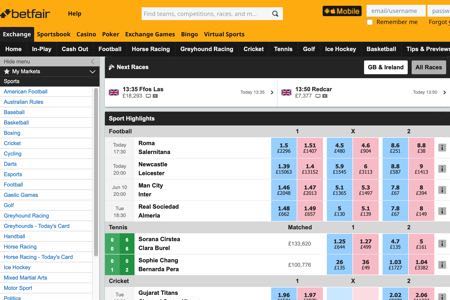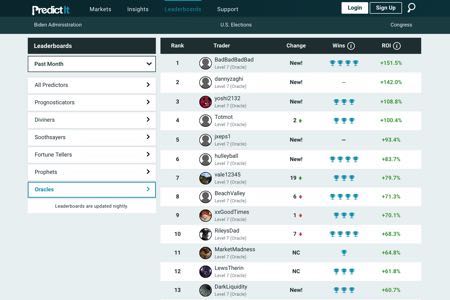Before the days of the internet if you wanted to place a bet you needed to do it either in person or via the telephone and it was done with a traditional bookmaker. In the new digital world that’s no longer the case and there are a plethora of online bookies ready and waiting for your business. Some of these sites are linked to current of former high street names whilst others only operate online.
Best Online Bookies For 2024
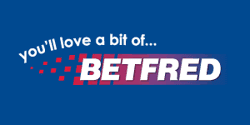
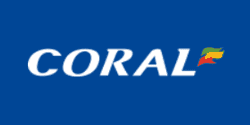

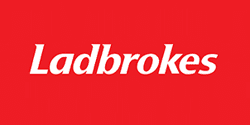

The offers listed above are from brands who have at one time operated as traditional bookmakers in the UK, although some no longer maintain a high street presence. If you’re looking for a larger list of sites that also includes online only bookies, head on over to our main betting sites page.
Bookmakers Blog
Are All High Street Bookmakers Online?
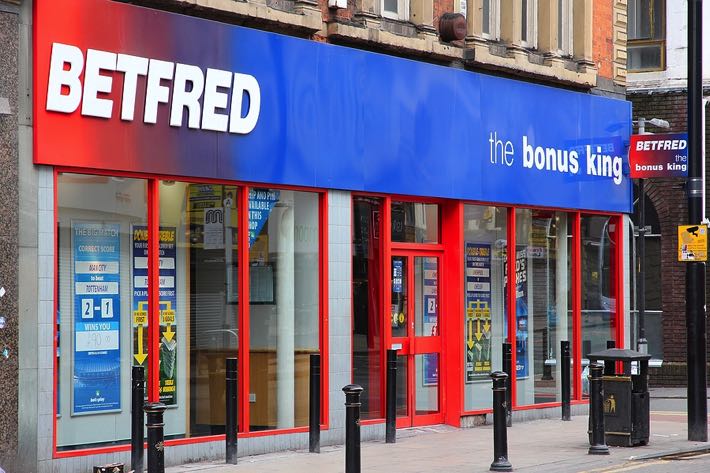
It’s natural to assume, in this day and age of technology and the continued growth of internet usage, that every single bookmaker you’ll find on the high street will also have an online presence. In reality, however, that isn’t the case. Whilst the biggest companies that boast thousands of high street shops arguably make more money from their online presence than the shops they own, the smaller, independent ones stick to the old-fashioned way of making money.
That’s not to say that such smaller operations aren’t up-to-speed with the latest innovations in the world of betting, of course. They’ll use the internet themselves and ensure that they can offer similar offers and bonuses to stores with an online operation. Rather, it’s just that you can’t bet with those bookmakers online via an app or a website in the same way that you would one of the bigger companies. There are pros and cons to this that bettors need to bear in mind.
The Pros & Cons of an Online Presence
When it comes to the positives of a company boasting an online presence, they’re pretty easy to identify. It allows you to place a bet on your own terms, rather than only being allowed to do so when the bookie has decided that the shop will be open. It also gives you access to a wealth of different betting options that placing your wagers in person doesn’t allow for, with the likes of In-Play betting being high on the list.
The major con of a business operating online is that it loses that personal touch. A local, independent bookmaker will be far more likely to develop a relationship with a punter than a mega company would. This allows for the bookie to keep an eye on someone’s betting habits and to work with them if they seem to be having an issue, for example. Then again, online bookmakers have less overheads and therefore can offer better odds. It’s not a black and white situation.
Cards That Offer the Best of Both Worlds
In recent years, there has been a move from bookmakers that have both a high street presence and an online one to find a way to combine their two offerings. The idea is to ensure that those that use physical shops don’t miss out on the sort of promotions that are regularly offered to online customers.
It’s also a way of being able to combine the accounts to mean that punters can use funds won online in-store and vice-versa. Here’s a look at the various multi-channel cards that are being offered by bookmakers in the United Kingdom:
Coral – Connect
 Coral customers that sign up for a Connect card will benefit from numerous different things. For starters, you’ll be able to deposit money in a store that can then he used for your online account. Equally, if you have a winner online then you’ll be able to withdraw your winnings in-store instead of needing to transfer the money to your bank account and waiting a couple of days for it to be transferred over and therefore become useable.
Coral customers that sign up for a Connect card will benefit from numerous different things. For starters, you’ll be able to deposit money in a store that can then he used for your online account. Equally, if you have a winner online then you’ll be able to withdraw your winnings in-store instead of needing to transfer the money to your bank account and waiting a couple of days for it to be transferred over and therefore become useable.
For those that love the online betting experience because of the promotions and offers that you receive, the Coral Connect card will present you with similar offers for use in-store. Because Coral want as many of their customers as possible to have a Connect card, the company regularly offers exciting deals and promotions in order to try to entice people over. You can only take advantage of them if you’ve got the Coral Connect card though, obviously.
Ladbrokes – The Grid
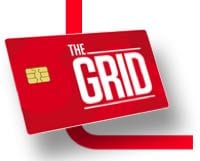 Given that Coral and Ladbrokes merger a couple of years ago, it’s hardly all that surprising that they both offer cards to connect the online and in-store experience. Indeed, one of the only surprising things is that you don’t get the same experience from both and that Ladbrokes’ The Grid is the better of the two. Ladbrokes have designed it to be a one-stop shop for betting and it’s probably the best of the cards on offer from high street shops.
Given that Coral and Ladbrokes merger a couple of years ago, it’s hardly all that surprising that they both offer cards to connect the online and in-store experience. Indeed, one of the only surprising things is that you don’t get the same experience from both and that Ladbrokes’ The Grid is the better of the two. Ladbrokes have designed it to be a one-stop shop for betting and it’s probably the best of the cards on offer from high street shops.
As well as allowing you to deposit money in-store for use online and the capability to withdraw online winnings in a shop, The Grid also allows you to track bets placed in-store using the app. This means that you can do things such as cash-out a bet, as well as knowing all of the bets you have live at any given moment. In short, The Grid allows you to combine the world of online betting and real life, combining the two in a way that is actually useful.
Paddy Power – Cash Card PPlus
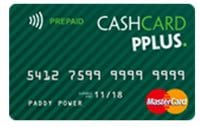 Paddy Power’s card offers the same ability to use in-store funds online and vice versa, but that’s actually only part of what it is all about. For starters, the merger between the Irish bookmaker and Betfair means that Cash Card PPlus customers can use it to deposit money into their Betfair account, as well as their Paddy Power one. You can also use it in-store if you choose to play on any of the machines in there, such as the Fixed Odds Betting Terminals.
Paddy Power’s card offers the same ability to use in-store funds online and vice versa, but that’s actually only part of what it is all about. For starters, the merger between the Irish bookmaker and Betfair means that Cash Card PPlus customers can use it to deposit money into their Betfair account, as well as their Paddy Power one. You can also use it in-store if you choose to play on any of the machines in there, such as the Fixed Odds Betting Terminals.
The real joy of the Paddy Power PPlus card, though, comes in the fact that you can apply to get a PPlus Mastercard. This will allow you to use your betting credit to pay for things in the same way as you would with a pre-paid card. In other words, if you win big betting on the horses or the football, say, you’ll then be able to use your winnings to pay for dinner or to buy something at your favourite shop. It cuts out the need to transfer funds around.
William Hill – Plus
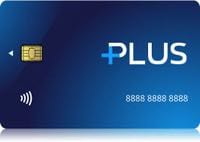 The William Hill Plus card is the one that comes the closest to what Ladbrokes offers with The Grid, though it’s not quite the same. As with the other cards on this list, the most important thing is that it gives you control over your funds whether you’ve won the money with bets placed in-store or online. They are basically interchangeable, allowing punters to pay money onto the card in-store that can then be used to place bets online.
The William Hill Plus card is the one that comes the closest to what Ladbrokes offers with The Grid, though it’s not quite the same. As with the other cards on this list, the most important thing is that it gives you control over your funds whether you’ve won the money with bets placed in-store or online. They are basically interchangeable, allowing punters to pay money onto the card in-store that can then be used to place bets online.
William Hill stores have Self-Service Betting Terminals, where you can place a bet using your Plus card and then have the ability to Cash Out the bet later on if you wish to. You can deposit as much as £2,500 onto the card every week, withdrawing the same figure. The other thing that the William Hill Plus card does is ensure that customers that use the bookmakers’ services in real get the same offers, promotions and benefits as online punters.
Is There a Difference Between the Odds You Get Online & at a Betting Shop?
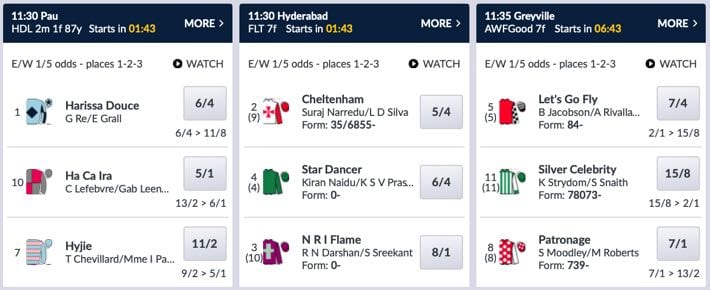
Those that don’t do a whole heap of betting might well assume that the odds that you’d get at a high street bookmaker and those that you’d find online would be the same. In actuality, however, there can be quite big differences between the odds offered in person and online. It’s not just the case between an online only bookie and a high street one, either. You will also find big variation between the online and in person odds from the same company.
Shops Have Higher Overheads
The chief reason for the difference is that shops have much higher overheads than online only companies, meaning that they need to add that into their cut when they create the odds that they’ll offer to punters. It’s not just down to overheads, either. The fact that there is more choice of bookies online means that they need to work harder to win business, which will often include being more generous with their odds.
Imagine a high street with five bookmakers on it. That’s quite a lot, in truth, but it’s possible and it would allow you to check the odds on offer five times. Compare that the infinite number of bookies online and you can see why high street bookmakers have less need to be competitive with their odds. Online bookies sacrifice their margin for an increase in market share, so the usual 2% ballpark vigorish will be more like 1%.
High street bookmakers, meanwhile, simply can’t afford to take that hit to their margin because they’ve got premises to pay for and staff to keep happy. Rather than take on the cost of that themselves, bookies are going to pass the cost onto you, the bettor. They’ll do so by offering odds of 8/1 on an event when an online bookmaker would offer 9/1, say. That doesn’t mean that you should avoid high street betting shops, just be aware of what’s going on.
What’s the Deal With FOBTs?
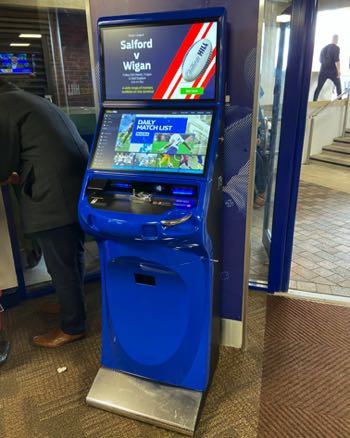 Fixed Odds Betting Terminals, more commonly referred to as FOBTs, are one of the most controversial topics in recent years. The main reason for this is that they allowed bookmakers to make a huge amount of money thanks to their maximum stake of £100 per spin, with a spin roughly every twenty seconds. They were so disliked by anti-gambling campaigners that they earned the title of being the ‘crack cocaine of betting’.
Fixed Odds Betting Terminals, more commonly referred to as FOBTs, are one of the most controversial topics in recent years. The main reason for this is that they allowed bookmakers to make a huge amount of money thanks to their maximum stake of £100 per spin, with a spin roughly every twenty seconds. They were so disliked by anti-gambling campaigners that they earned the title of being the ‘crack cocaine of betting’.
There was a limit imposed on how many FOBTs a bookmaker could install in their shops, so the obvious way to get around that was to open more shops. Gaining popularity after the change in tax law in 2001, they are basically casinos in an electronic cabinet and offer games with fixed odds. The likes of Roulette is the most popular game on the machines because of both the speed at which it can be played and the decent payout for customers who won.
With a long-term average of around 97% on Fixed Odds Betting Terminals, it was no wonder that they were such money generators for bookies when the minimum stake was £1 and the maximum was £100. The maximum payout is £500, which has led some to believe that the machines are a way of money laundering for criminal gangs. Regardless, the criticism that was levelled at them saw a drop in the maximum stake to £2.
Is the Number of Betting Shops on the Decline?
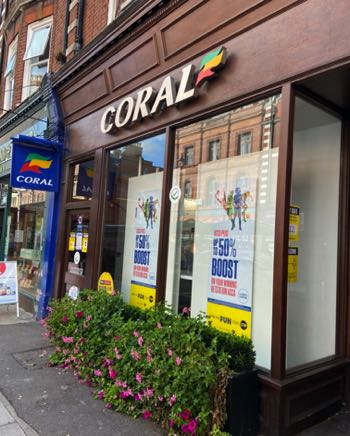 The cut in the maximum stake of Fixed Odds Betting Terminals hit high street bookmakers hard. That was especially the case for the independent ones that either had no online presence or else a very limited one. In 2016, the machines alone generated more than £1.6 billion, which explains the growth in high street bookmakers over the years since they were introduced.
The cut in the maximum stake of Fixed Odds Betting Terminals hit high street bookmakers hard. That was especially the case for the independent ones that either had no online presence or else a very limited one. In 2016, the machines alone generated more than £1.6 billion, which explains the growth in high street bookmakers over the years since they were introduced.
The criticisms of the machines eventually led to the government’s decision to cut the maximum stake from £100 to £2, in spite of pleas from the industry not to do so. The cry from bookmakers was that the cut would result in store closures and job losses because of the hit to their income, but such pleas fell on deaf ears. Not only that, but the government also hiked the Point of Consumption Tax to pay for the shortfall.
Add to that the rise in online gambling and you can see exactly why high street betting shops are becoming a rarer and rarer breed. The simply fact is that bettors turn to their mobile phones, computers and tablets to place a bet before they’ll go to a betting shop, limiting the amount of money that bookies are able to make in the physical world when compared to the electronic one.
Here’s a look at the statistics around betting shops in the United Kingdom over recent years, which should give you some indication of whether or not they’ve been declining:
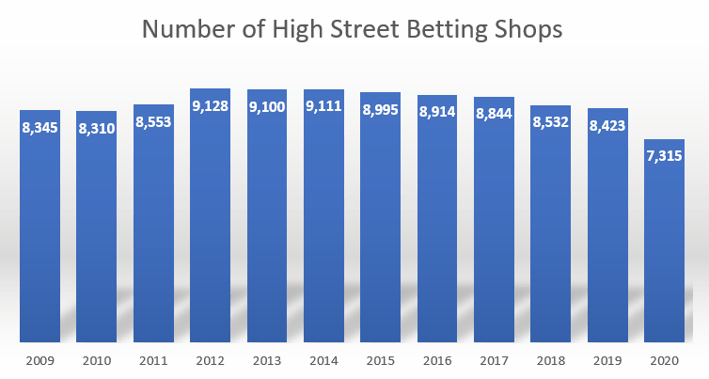
As you can see, there has been a drop-off between 2009 and 2020, but it is perhaps not as dramatic a drop-off as people might have expected. It suggests that there is still enough of a demand for betting shops to mean that they’ll be a presence on the high street for a good while yet, even if their future isn’t as secure as it was when they first started to appear on Britain’s street.

